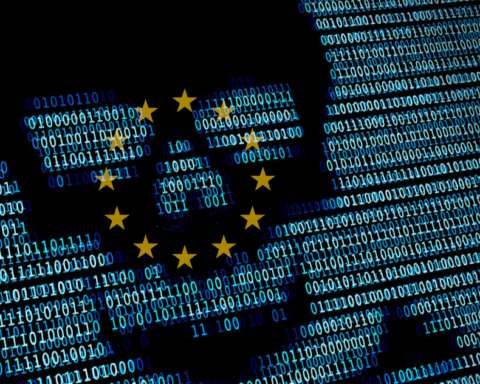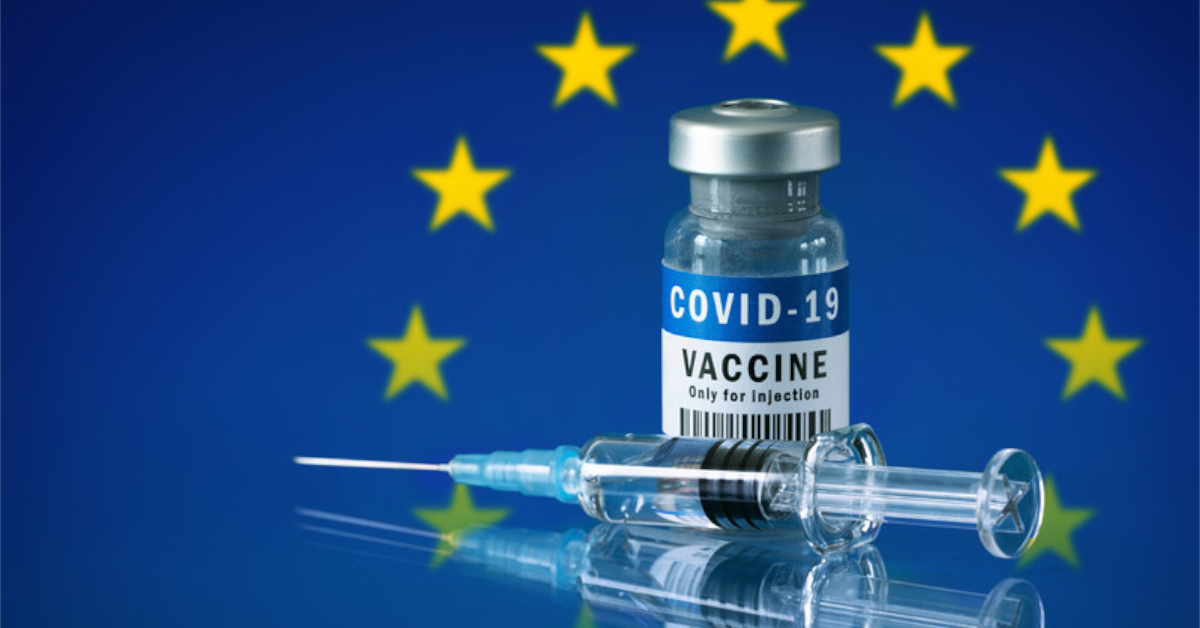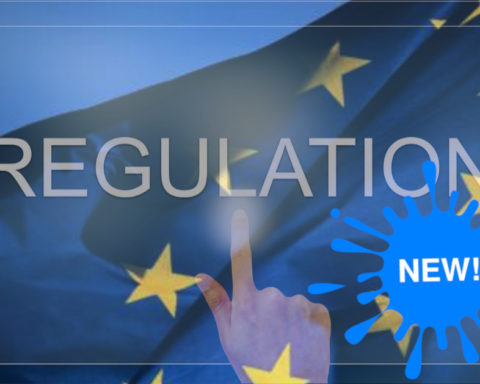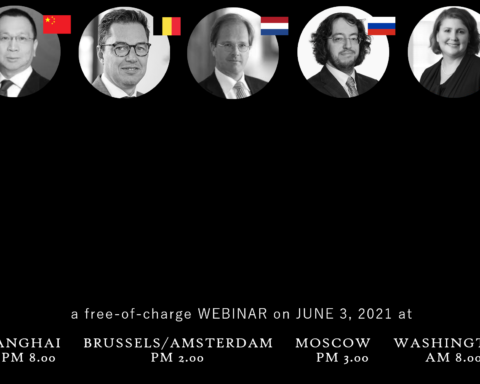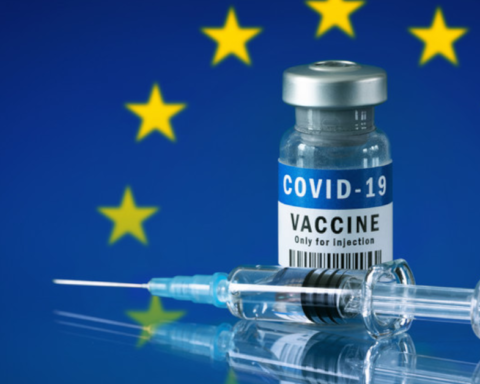The recast of Luxembourg’s trade control regime, which was initiated in 2014, only went halfway through with the adoption of the Law of 27 June 2018 which was generally limited to movements of goods and specific restrictive measures. Luxembourg was therefore yet to update its legislative arsenal of financial sanctions – an effort that was brought to completion by the adoption of the Law of 19 December 2020 on restrictive measures in financial matters (the Law).
By Olivier Coulon, Gerard Kreijen & Bert Gevers, Loyens & Loeff
Objective
The Law aims not only at implementing restrictive measures adopted by the UN Security Council and the European Union, but also provides for the possibility to adopt national measures “waiting for the actual decisions of the United Nations or the European Union”.
On this last point: the fate of these national measures – temporary by nature as they are limited to 60 days, renewable for 30 days –, seems to be tied to the actual adoption of international measures, although it is unclear what would be the impact in case the UN or the EU would effectively not themselves adopt the awaited sanctions. This is one of a number of uncertainties to be found in the text of the Law, despite the best efforts of the State Council to address a lack of (attention to) detail.
Territorial scope
The Law imposes obligations on natural persons having Luxembourgish nationality, as well as on legal persons with their legal seat, center of interests or a fixed establishment in Luxembourg. The Law also covers any other legal or natural persons “operating” – a notion left undefined – on the territory of Luxembourg.
Material scope
The restrictive measures encompass:
- the prohibition or restriction of any kind of financial activities;
- the prohibition or restriction of the provision of financial services, technical assistance, training or advisory activities in relation to a State, a natural or legal person, an entity or a group targeted by the Law; and
- the freezing of funds, assets or other economic resources owned or controlled, directly, indirectly or jointly, with or by a person, entity or group targeted by the Law, or by a person acting in their name or upon their instructions.
The definition of funds largely mirrors the one used in the EU regulations and, interestingly, does not explicitly mention crypto currencies or other virtual assets, despite a proposal of the Chamber of Commerce to that end. However, such an express reference would be unnecessary in our view, considering the broad scope of the definition.
Competent authorities and sanctions
The Luxembourg financial and insurance regulators, but also the Registration, Land and VAT Administration (the Administration) and self-regulated bodies (such as the Lawyers Bar) are granted supervisory and sanctioning powers. In addition, natural and legal persons must inform the Ministry of Finance of any restrictive measure taken with respect to a targeted person, entity or State, in the implementation of the Law. The same Ministry can, in addition, grant derogations from the restrictive measures, under the condition that such derogations find their basis in the resolutions of the UN or the EU.
The sanctions imposed by the regulators and self-regulated bodies, as well as by the Administration, range from a warning to administrative fines of up to EUR 5.000.000 or 10 % of the annual turnover. Criminal sanctions, whose adoption would then be left to the prosecuting authorities, range up to five years of imprisonment and a fine of EUR 5.000.000. In case the infringement leads to a significant gain, the fine can be increased up to four time the amount at stake in the infringement.
Whistleblower clause and waiver of liability
Finally, the Law provides that the application in good faith of restrictive measures cannot lead to the liability of the natural or legal persons effectively implementing them – except if gross negligence is involved.
In addition, the disclosure – again in good faith – of information to the competent authorities does not amount to an infringement of any contract or legal obligation of professional secrecy. Whistleblowers cannot therefore be held liable.
Conclusion
With this recast, Luxembourg now sports a brand-new legal framework on trade controls. The exercise, which started in 2014 with the recast of the controls of goods, was of significant importance, because the lack of codification and the adoption of different legal instruments had led to a “legal fog” which made compliance a daily challenge.
This clarification, however much welcome it is, still raises questions however, notably due to undefined terms and a lack of clarity of specific provisions. Still, the new set of rules is a solid improvement.
- Luxembourg adopts also a recast of its financial sanctions regime - January 22, 2021
- EU adopts sanctions regime on cyber-attacks - May 22, 2019
- While EU countries reaffirm their commitment to the JCPOA, EU companies brace for impact - May 15, 2018



